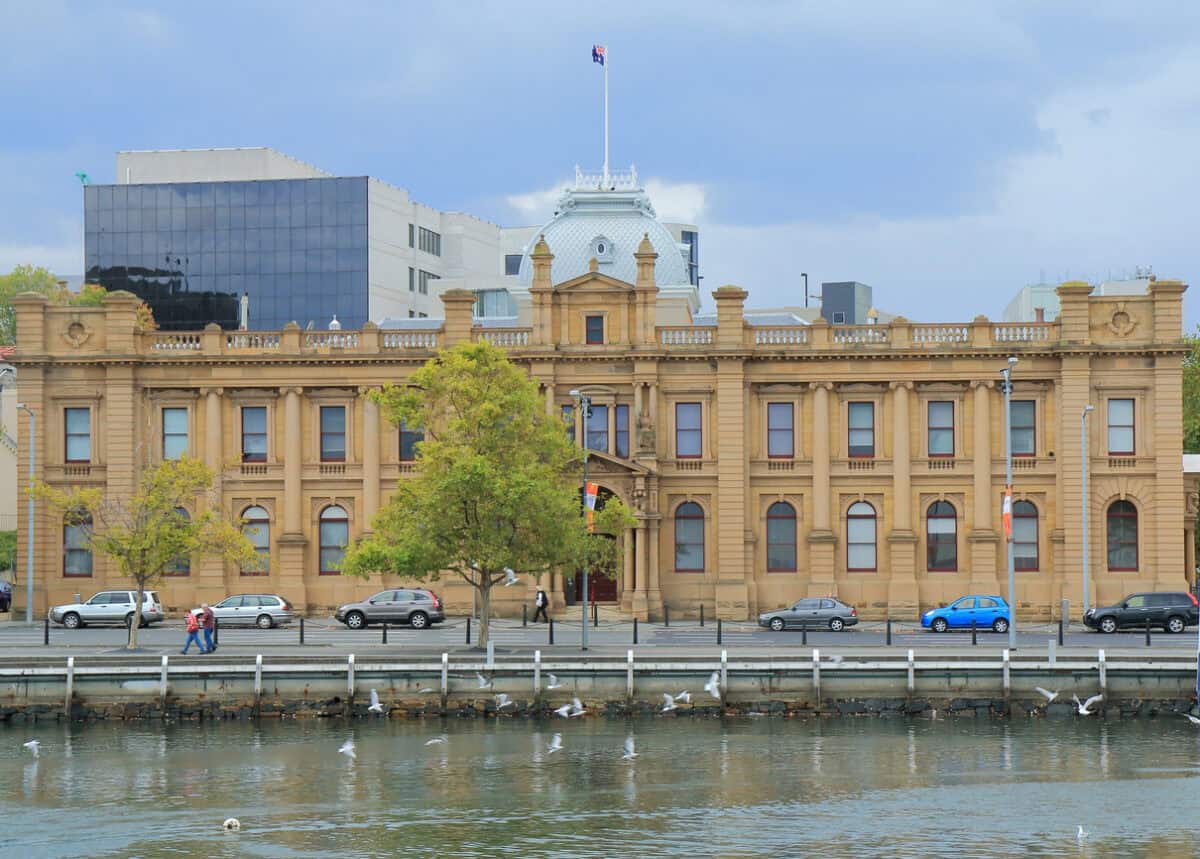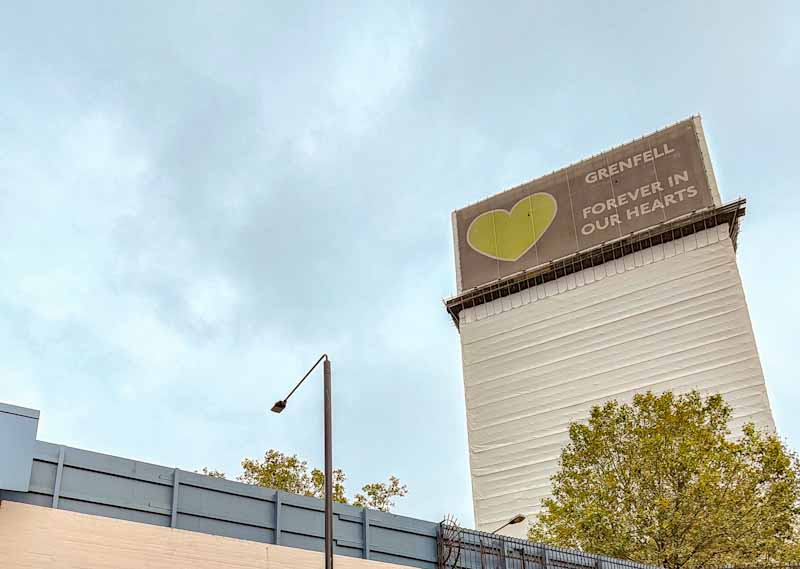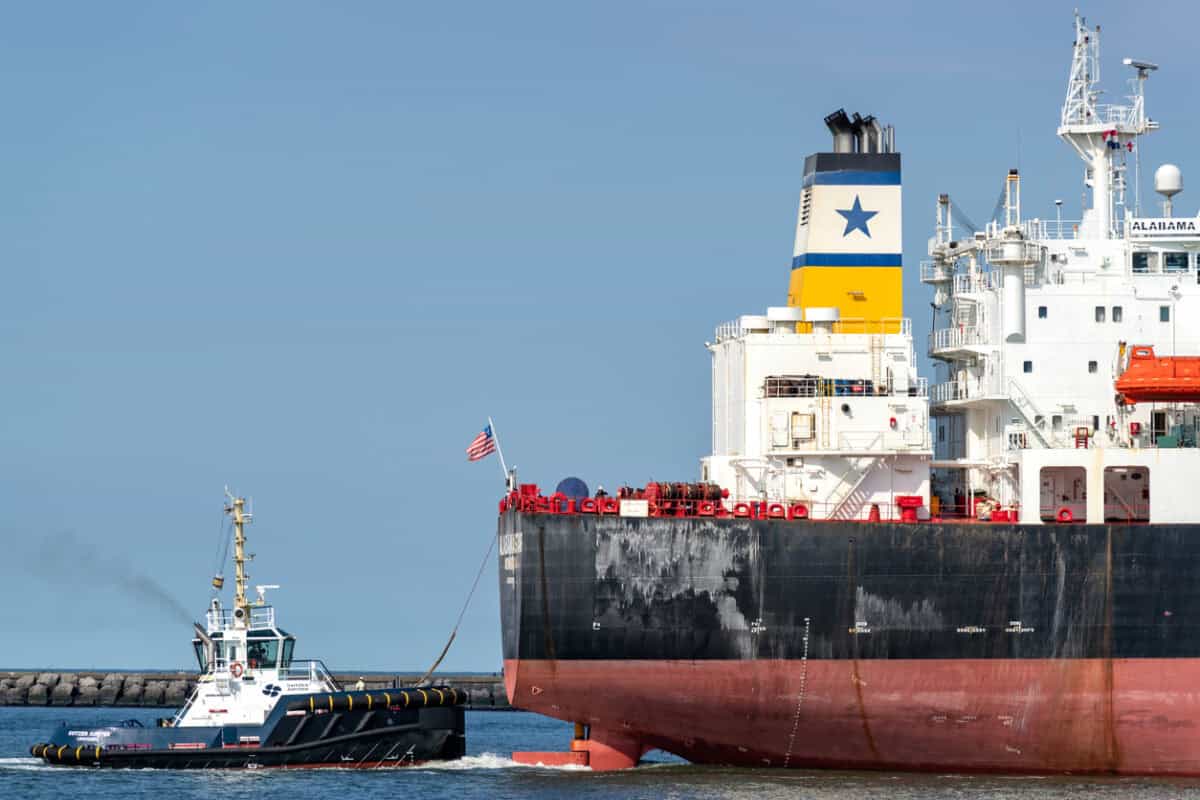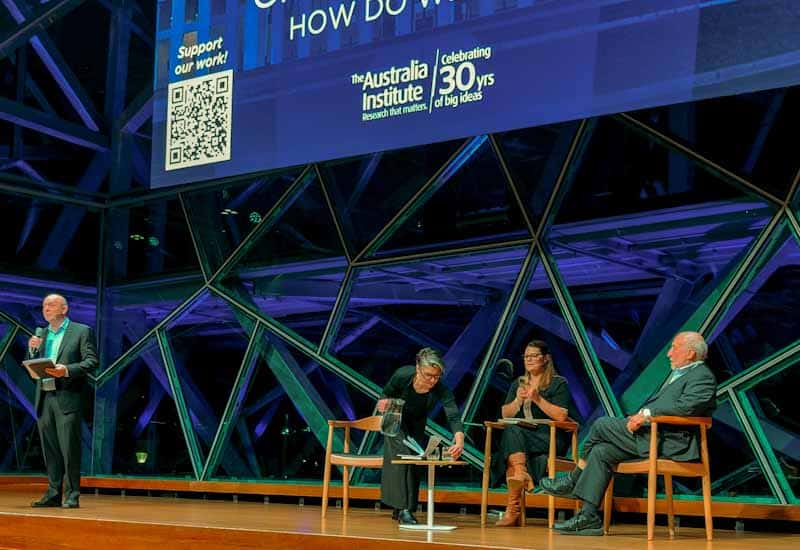Occupational health and safety has traditionally been considered under the category of industrial, or industrial relations, but largely this is due to the major advocates of OHS being the trade union movement. So OHS seems to fit with workers’ rights under the issues of wages and conditions, but really OHS is a social law.
According to one definition social law is:
“…any law, rule or regulation (including international treaty obligations) applicable in any jurisdiction concerning
– labour,
– social security,
– the regulation of industrial relations (between government, employers and employees),
– the protection of occupational, as well as public, health and safety,
– the regulation of public participation,
– the protection and regulation of ownership of land rights (both formal and traditional), immovable goods and intellectual and cultural property rights,
– the protection and empowerment of indigenous peoples or ethnic groups,
– the protection, restoration and promotion of cultural heritage, and
– all other laws, rules and regulations providing for the protection of employees and citizens.”
OHS meets several elements of this definition.







